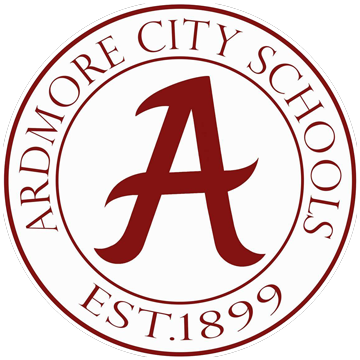The authority to suspend a student from a school in the school district is delegated to the respective building principals.
Any student may be suspended for:
Violations of policy or regulations
Possession of an intoxicating beverage, low-point beer (37 O.S. §163.2)
Possession of missing or stolen property if the property is reasonably suspected to have been taken from a student, a school employee, or the school during school activities
Possession of a dangerous weapon or a controlled dangerous substance while or within two thousand (2,000) feet of public school property, or at a school event (Uniform Controlled Dangerous Substances Act
Possession of a firearm may result in out-of-school suspension of not less than one year
Any act which disrupts the academic atmosphere of the school, endangers or threatens fellow students, teachers, or officials or damages property
Students in grades six through twelve found to have assaulted, attempted to cause physical bodily injury, or acted in a manner that could reasonably cause bodily injury to a school employee or person volunteering for a school shall be suspended for the remainder of the current semester and the next consecutive semester. The term of the suspension may be modified by the school district superintendent on a case-by-case basis.
A full suspension shall not extend beyond the present semester and the succeeding semester except for violations of the Gun-Free Schools Act which provides suspensions for up to one calendar year or longer. (See Board Policy FD-C)
Except under circumstances that require the immediate removal of a student or students, the parent(s) or legal guardian(s) shall be informed before a student is released from school.
Any student who has been adjudicated as a delinquent and has been removed from a public or private school in this state or any other state for such act, will not be enrolled in a regular classroom setting in the district but may be provided an alternative education solution until such time as that student no longer poses a threat to self, other students, or faculty. (See Board Policy FD-AA)
Students suspended out-of-school who are on individualized education plan pursuant to IDEA, I.L. No. 101-476, shall be provided the education and related services in accordance with the student’s IEP.
A student who has been suspended for a violent offense that is directed towards a classroom teacher shall not be allowed to return to that teacher’s classroom without the approval of that teacher.
